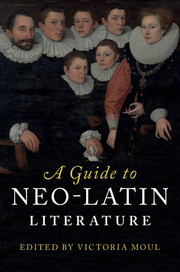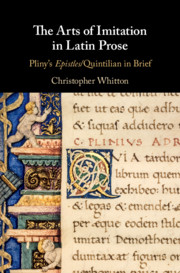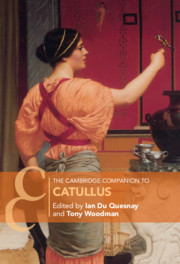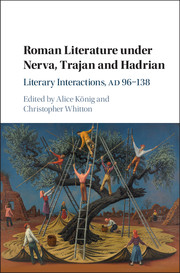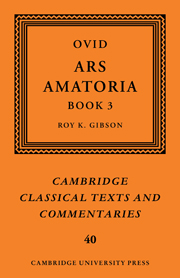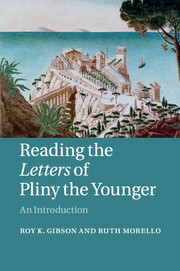The Cambridge Critical Guide to Latin Literature
The Cambridge Critical Guide to Latin Literature offers a critical overview of work on Latin literature. Where are we? How did we get here? Where to next? Fifteen commissioned chapters, along with an extensive introduction and Mary Beard's postscript, approach these questions from a range of angles. They aim not to codify the field, but to give snapshots of the discipline from different perspectives, and to offer provocations for future development. The Critical Guide aims to stimulate reflection on how we engage with Latin literature. Texts, tools and territories are the three areas of focus. The Guide situates the study of classical Latin literature within its global context from late antiquity to Neo-Latin, moving away from an exclusive focus on the pre-200 CE corpus. It recalibrates links with adjoining disciplines (history, philosophy, material culture, linguistics, political thought, Greek), and takes a fresh look at key tools (editing, reception, intertextuality, theory).
- Situates Roman literature within its global context from Classical Latin to Neo-Latin alongside Greek
- Contemplates ways in which Latin literary scholarship can enrich and be enriched by adjoining disciplines
- Investigates key skills and tools in the discipline, including fresh thinking on national traditions, theories of reading, reception, and editing and intertextuality in the digital age
Reviews & endorsements
‘This important work will shape the field for the next generation … Highly recommended.’ P. E. Ojennus, CHOICE
Product details
January 2024Hardback
9781108421089
946 pages
235 × 155 × 52 mm
1.623kg
Available
Table of Contents
- 1. Introduction: texts, tools, territories Roy Gibson and Christopher Whitton
- 2. Canons Irene
- 3. Periodisations Gavin Kelly
- 4. Author and identity Alison Sharrock
- 5. Intertextuality Donncha O'Rourke and Aaron Pelttari
- 6. Mediaeval Latin Justin Stover
- 7. Neo-Latin Yasmin Haskell
- 8. Reception James Uden
- 9. National traditions Therese Fuhrer
- 10. Editing Samuel J. Huskey and Robert A. Kaster
- 11. Latin literature and linguistics James Clackson
- 12. Latin literature and material culture Michael Squire and Jaś Elsner
- 13. Philosophy Katharina Volk
- 14. Political thought Michèle Lowrie
- 15. Latin literature and roman history Myles Lavan
- 16. Latin literature and Greek Simon Goldhill
- 17. Envoi Mary Beard.


